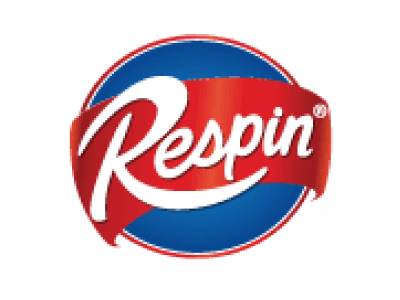The Rise of Online Gambling in America
The growth of online gambling in the USA has transformed how individuals engage with gaming, offering convenience and variety. From sports betting to virtual poker, the sector continues to expand, driven by technological advancements and shifting consumer preferences. As more states relax their stance on digital wagering, the landscape remains dynamic, reflecting broader societal acceptance of online gambling as a mainstream activity.
Legal Landscape of Online Gambling in the USA
USA regulations surrounding online gambling vary significantly by state, creating a patchwork of gambling laws. While some states like New Jersey and Michigan have embraced legal online casinos, others maintain strict prohibitions. This disparity underscores the complexity of navigating gambling laws, requiring operators and players to stay informed about local statutes to ensure compliance.
Popular Online Gambling Platforms in the US Market
- Leading online casinos such as Bet365 and DraftKings dominate the market, offering diverse options for gamblers.
- Mobile-friendly platforms like FanDuel have capitalized on the rise of mobile gambling, enhancing accessibility for users nationwide.
- Specialized sites catering to niche interests, such as poker or sports betting, further diversify the online gambling ecosystem.
Payment Methods for Online Gambling in the USA
Players in the USA utilize a range of secure payment methods, including credit cards, e-wallets, and cryptocurrencies. These options prioritize convenience and safety, aligning with the growing emphasis on responsible gambling practices. Operators must also adhere to financial regulations to protect user data and prevent fraud.
Security and Safety Measures for Gamblers
Ensuring the security of personal and financial information is paramount in online gambling. Reputable platforms employ encryption technologies and two-factor authentication to safeguard users. Additionally, regulatory bodies often mandate transparency, requiring operators to display certifications and licensing details prominently.
Responsible Gambling Practices in the United States
Responsible gambling is a cornerstone of the industry, with many online casinos offering self-exclusion tools and deposit limits. Initiatives like the National Council on Problem Gambling highlight the importance of education and support systems. For those seeking guidance, resources such as https://rabbit-road.ph/ provide valuable insights into maintaining healthy gambling habits.
Mobile Gambling and Its Impact on American Gamblers
The proliferation of smartphones has revolutionized access to online gambling, enabling real-time betting from anywhere. Mobile apps and responsive websites have made it easier for users to participate in games, though they also necessitate heightened awareness of responsible gambling practices to mitigate risks associated with impulsive behavior.
Tax Implications of Online Gambling Income in the USA
Gamblers must consider the tax implications of their winnings, as federal guidelines require reporting of income from online gambling. This includes both cash prizes and non-cash rewards, emphasizing the need for accurate record-keeping and adherence to IRS regulations.
Federal vs. State Regulations Governing Online Gambling
Federal policies generally do not regulate online gambling directly, leaving oversight to individual states. This decentralized approach results in varying degrees of oversight, with some states implementing robust frameworks while others lag behind in enforcing gambling laws. Such inconsistencies pose challenges for both operators and consumers.
The Role of Technology in Shaping Online Gambling Trends
Advancements in technology, including AI-driven analytics and blockchain, are reshaping the online gambling industry. These innovations enhance fairness, improve user experiences, and support responsible gambling initiatives, reinforcing the sector’s commitment to transparency and accountability.
Common Myths About Online Gambling in the US
- Myth: Online gambling is always illegal. Fact: Several states have legalized and regulated online casinos, aligning with evolving USA regulations.
- Myth: All online platforms are unsafe. Fact: Licensed operators implement rigorous security measures to protect users.
- Myth: Gambling laws are uniform across the country. Fact: Variations exist, necessitating awareness of local gambling laws.
How to Identify Licensed Online Gambling Operators
Verified licenses from recognized authorities, such as the Nevada Gaming Control Board, indicate legitimacy. Players should also look for clear terms of service, customer support, and third-party audits to ensure adherence to responsible gambling standards and compliance with USA regulations.
Future Outlook for Online Gambling in America
The future of online gambling in the USA hinges on continued dialogue between regulators, operators, and consumers. As technology evolves and public perception shifts, the industry is poised to grow further, provided it maintains a balance between innovation and responsible gambling practices.
Resources for Problem Gambling Support in the USA
- The National Helpline offers free, confidential assistance for individuals struggling with gambling addiction.
- State-specific programs provide localized support, including counseling and financial aid for affected families.
- Online forums and peer groups foster community-based recovery efforts, emphasizing collective responsibility.
Ethical Considerations in Online Gambling Advertising
Ethical advertising practices are crucial to preventing exploitation, especially among vulnerable populations. Advertisers must avoid misleading claims and ensure transparency, aligning with principles of responsible gambling and compliance with USA regulations governing marketing in the sector.







